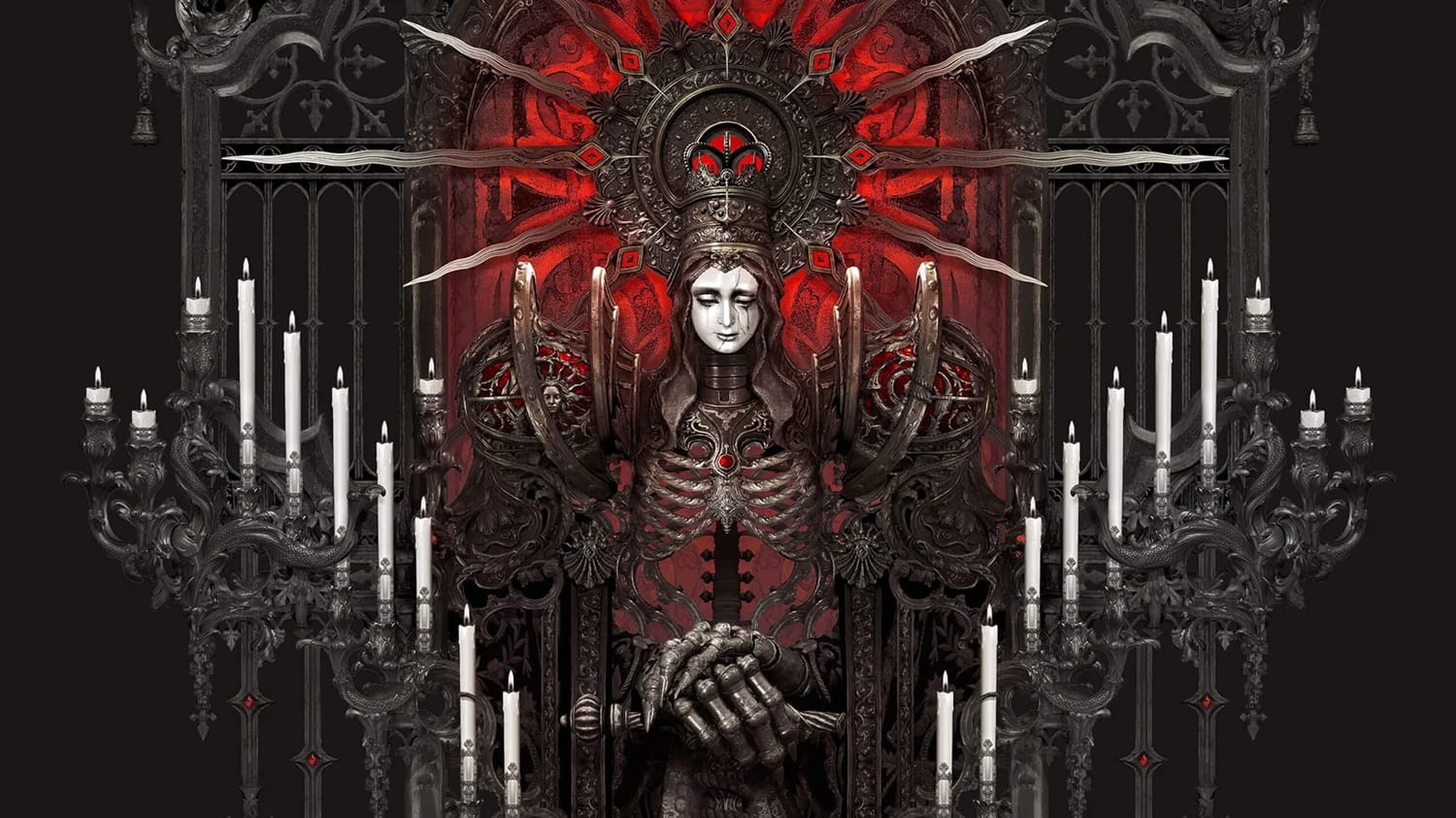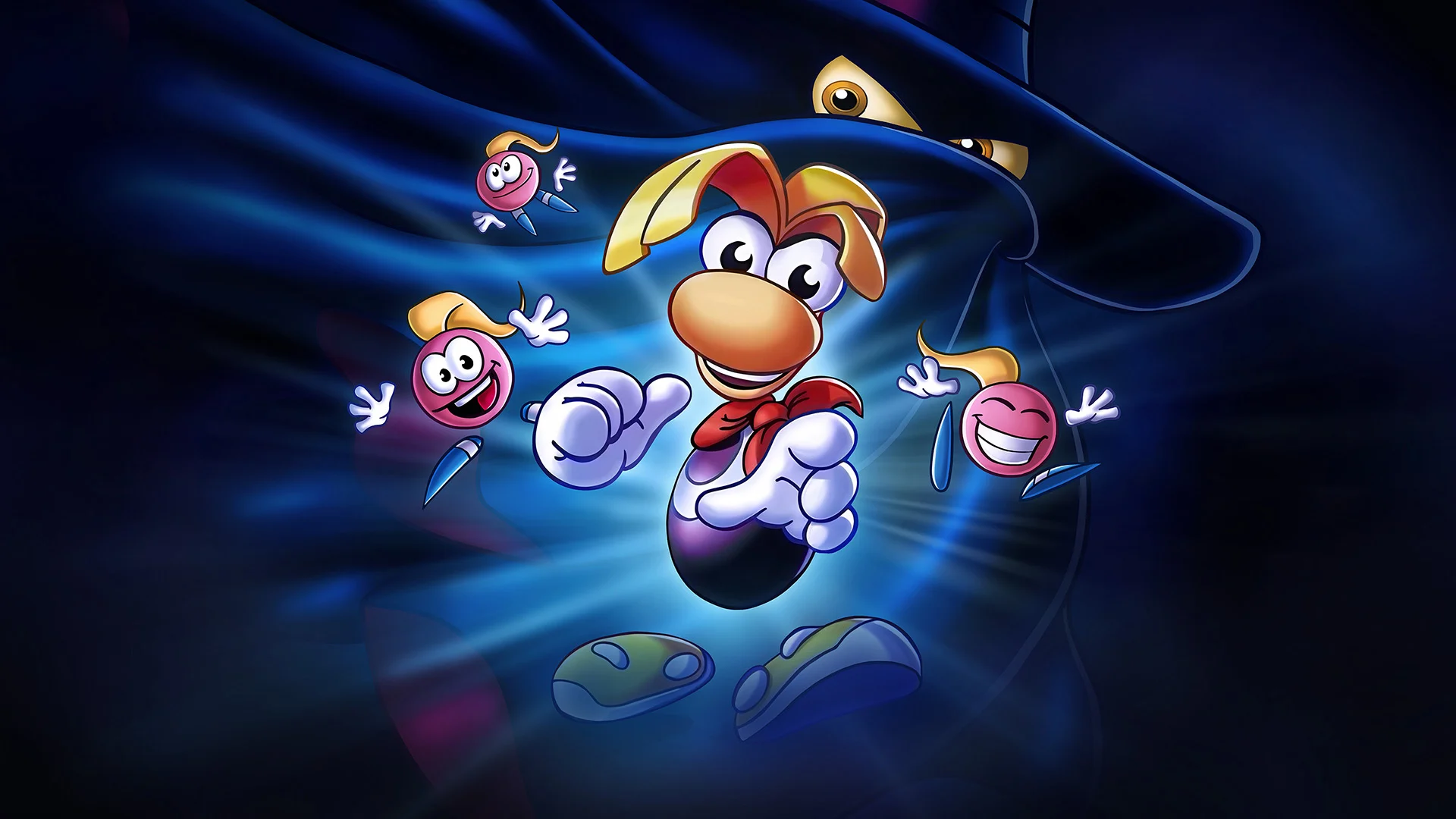If you haven’t played 80 Days, you’re missing out. 80 Days is a superb twist on the “choose your own adventure” game, where you play as Passpartout, valet to Mr. Phileas Fogg, as he attempts to travel around the world in 80 days, during the mid-19th Century. Set in alternative, steampunk universe based on the Jules Verne novel, 80 Days is a masterclass of bridging narratives, where each journey can result in a different story. It’s also the game I was most strongly reminded of while playing Night Call, a new narrative adventure game from Monkey Moon. Night Call features a wide cast of Parisians to encounter, each with their own trials and tribulations. Meeting this eclectic array of characters is a delight, but the incidental murder mystery laid on top somewhat falls into the background, ending up feeling more like a guessing game than a proper detective story.

Night Call has three different murder cases to play through, depending on your choice. Whichever you pick, the game begins with your player character being attacked by the killer, ending you up in hospital. You play as Houssine, an immigrant Paris taxi driver sporting a fantastic beard, shuttling the great and the good around the city centre during the dead of night. Your assault at the start of the game brings you into contact with the Paris Police Prefecture, and a detective who wants to use you as a pawn to unmask the identity of the serial killer.
The game is mostly narrative adventure, with some light choices and strategy management. You have a limited amount of time each night to pick up clients and limited money to use to repair the taxi and buy fuel. Most nights are a balancing act of picking up enough passengers, while making short detours to fill up on petrol so you can break even. You also need to uncover clues towards the central murder mystery, to be able to report back to Detective Busset. Making a profit or just breaking even is very challenging, especially given sometimes you’ll encounter passengers who can’t pay, or passengers who might want you to take detours for some other purpose. While transporting a passenger, you’re mainly just listening to their story, but you’ll often get to interject with a various different replies, which can help alter how well each passenger responds to you. At the end of the night, you’ll return home to your flat to try to piece together the murder mystery using the snippets of info you’ve gleamed, arranging things on a CSI-style bulletin board. Eventually, you hopefully have enough evidence to pinpoint the murderer.
Like specific trips in 80 Days, the real joy of Night Call comes from the individual passenger stories. As an example, there was one guy named Carlo I picked up who had been out partying way too late, and was heading home to his wife. He explained to me he’d promised his wife he wouldn’t stay out late, so needed a realistic excuse why he hadn’t come home. Although he seemed like an egotistical bastard, I agreed to help him devise a suitable cover story, thinking that the guy might tip relatively generously if I did. What followed was a fun excursion of making up various excuses for Carlo’s wild night, including running into an old school friend and hiding from a masked killer. In the end, Carlo was very satisfied with the story we’d spun and tipped well, although not as generously as I’d hoped. The variety of passengers you’ll pick up is truly huge, and include some more off-the-wall encounters (such as when I chauffeured a cat to the Gare Saint-Lazare).

Night Call oozes atmosphere, and this is one of the game’s core strengths. The experience is presented as a 2D map of Paris at the top of the screen, with the bottom two thirds normally the interior of the taxi, showing yourself and your passenger from a variety of different angles. While listening to a passenger’s tale, the scene is intercut with brief glimpses of the rainy and grey cityscape, neon-signs harsh against the dark. Indeed, the whole game is primarily black and white, with only a few hints of gold peppering both the city map and your detective bulletin board. The music is quiet and sombre, kind of like a Brian Eno ambient soundscape, helping to lend the game an ethereal and tired feeling, similar to the vibe I get from films like Lost in Translation.
All in all, Night Call is definitely worth seeing for the experience of listening to the various stories told by your taxi passengers on a rainy Parisian night. Although managing Houssine’s finances sometimes feels more challenging than it should be, it does add an element of tension to what is otherwise an intensely laid-back game, despite the occasionally gruesome subject matter. While the murder mystery plot felt kind of hackneyed after a while, nonetheless my interest in uncovering the killer was sustained until the end. If you value an interesting cast of stories and a relaxed, almost jet-lagged mood, Night Call has got you covered.




